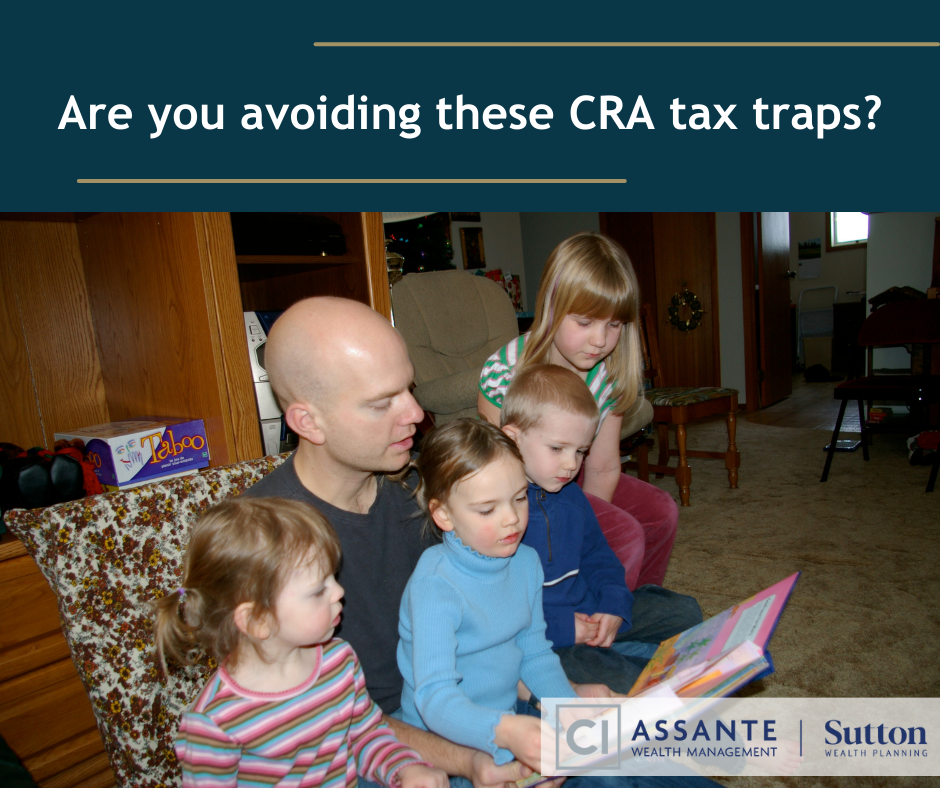Do you love to read?
I do. Ever since I was a child, I’ve enjoyed reading. When I was young I was really into fantasy novels – like C.S. Lewis’ The Chronicles of Narnia or J.R.R. Tolkien’s The Lord of the Rings.
When our daughters were born, we started reading our favourite children’s books to them.
More recently I’ve been into leadership and personal development books. My most recent book was The Power of One More by Ed Mylett.
Mylett wrote about the value of incremental improvements in certain key areas of your life.
One that got me thinking was what he called, “the power of one more inconvenience.”
I don’t know about you, but I don’t like being inconvenienced. However, when challenges happen, they inevitably teach you something, and as a result, we shouldn’t wish them away.
There were a lot of nuggets in that short book, and I recommend picking it up.
Reading is a favorite pastime among many Canadians.
However, not many enjoy the really long books.
 Here is a list of the longest books in the English language:
Here is a list of the longest books in the English language:
3. Clarissa by Samuel Richardson at 969,000 words.
2. Sironia, Texas by Madison Cooper at 1.1 million words.
1. Mission Earth by Ron Hubbard at 1.2 million words.
The 4th longest “book?”
The Income Tax Act.
When it started, it was merely 10 pages long…
Today, there are over 3,200 pages in the tax code!
If we assume just 300 words per page, that is 960,000 words!! That’s not exactly light weekend reading.
The 3,200 pages contain many “hidden” tax traps. The CRA calls them penalties.
Everyone knows about the annual maximum contribution limit on RRSPs and TFSAs. The current TFSA annual maximum is $7,000, and if you had fully used up all of the maximum room since TFSAs became available (2009) you would have contributed $95,000 in total.
Everyone doesn’t know what happens if you go over the limit. That’s going to cost you a 1 percent penalty for every month that you are over. Same goes for RRSP overcontributions.
This is just a couple of examples of penalties that CRA applies for breaking a rule in the Income Tax Act. Does this happen often?
It would appear so. According to the 2023 fiscal financial statements from Canada Revenue Agency, over $10 billion in interest and penalties was applied in the fiscal year.
The 3,200 pages also contain “hidden” tax opportunities. The CRA calls these tax credits and deductions.
To avoid the traps and take FULL advantage of the opportunities, you don’t have to read the 3,200 pages.
You just want to have a proactive plan designed by a specialist who knows how to help you avoid the traps and capture the opportunities.
A second opinion is a quick way to find out if you are exposed to a trap or missing an opportunity.
Then, go back to some more enjoyable (and lighter) reading!
A nickel ain’t worth a dime anymore.
— Yogi Berra


